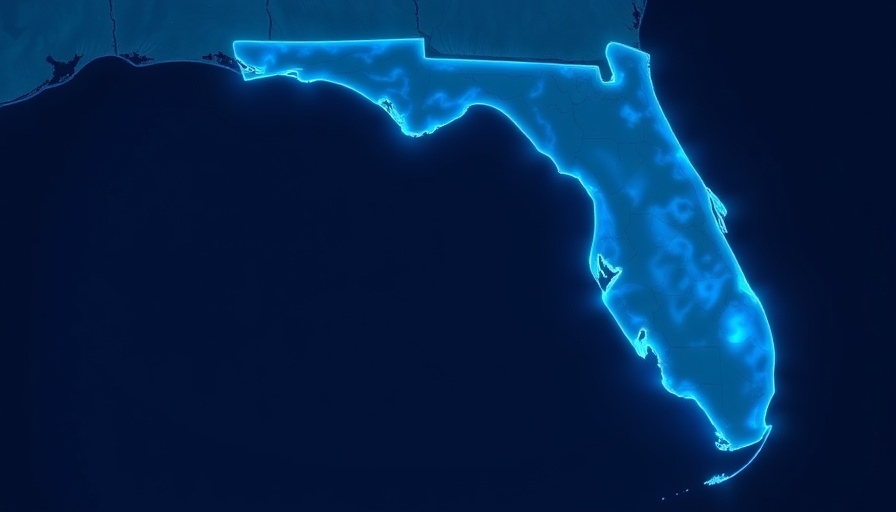
Florida to Reignite Black Bear Hunting: A Long-Awaited Decision
The Florida Fish and Wildlife Conservation Commission (FWC) made headlines recently by approving a black bear hunt in the state for the first time in ten years. The decision has sparked a blend of excitement and controversy among residents, conservationists, and hunters alike. This article dives into the implications of this decision, shedding light on both the ecological significance and the societal responses surrounding the upcoming hunt.
The Return of Bear Hunting: Why Now?
With the black bear population in Florida experiencing a robust recovery, the FWC’s approval comes as a strategic move. Recent studies suggest that Florida's black bear numbers have increased significantly over the past decade, prompting officials to consider regulated hunting as a means of population control. The hunt, set to begin in 2025, is intended to help manage the bear population, ensuring that both human and wildlife communities can coexist sustainably.
Community Reactions: Voices Raised on All Sides
The decision has stirred strong reactions across the Sunshine State. Supporters of the hunt argue that it is necessary for controlling the ever-growing bear population, promoting conservation efforts, and generating funds for wildlife management. On the other hand, many conservationists fear that hunting could jeopardize the species, questioning the effectiveness of such measures in promoting long-term sustainability.
Local residents have also expressed their views, with many taking to social media to voice concerns. Some declare that responsible hunting can coexist with conservation, while others emphasize a need for alternative management strategies that prioritize wildlife protection.
A Balancing Act: Conservation vs. Control
This impending bear hunt is not just about reducing numbers; it symbolizes a deeper conversation about conservation practices. Advocates for the hunt cite success stories from other states where regulated hunting has benefitted wildlife populations and ecosystems. However, critics point to the potential risks involved, arguing for increased education on the repercussions of human impact on bear habitats.
Looking Ahead: What This Means for the Future of Bear Conservation
As Florida heads towards this bear hunt, the pressure is on wildlife management authorities to demonstrate that they have struck a balance between necessary wildlife control and the protection of this majestic creature. Stakeholders from every side are watching closely, eager to see how hunting regulations will develop and impact not just bears, but the entire ecosystem.
Ultimately, as decisions about wildlife management continue to unfold, engaging in discussions around ethical practices, sustainable hunting, and wildlife conservation will remain vitally important for Florida and beyond. For those interested in bear conservation or participating in the upcoming hunt, staying informed and involved will play a crucial role in shaping the future of Florida’s wildlife.
 Add Row
Add Row  Add
Add 


Write A Comment